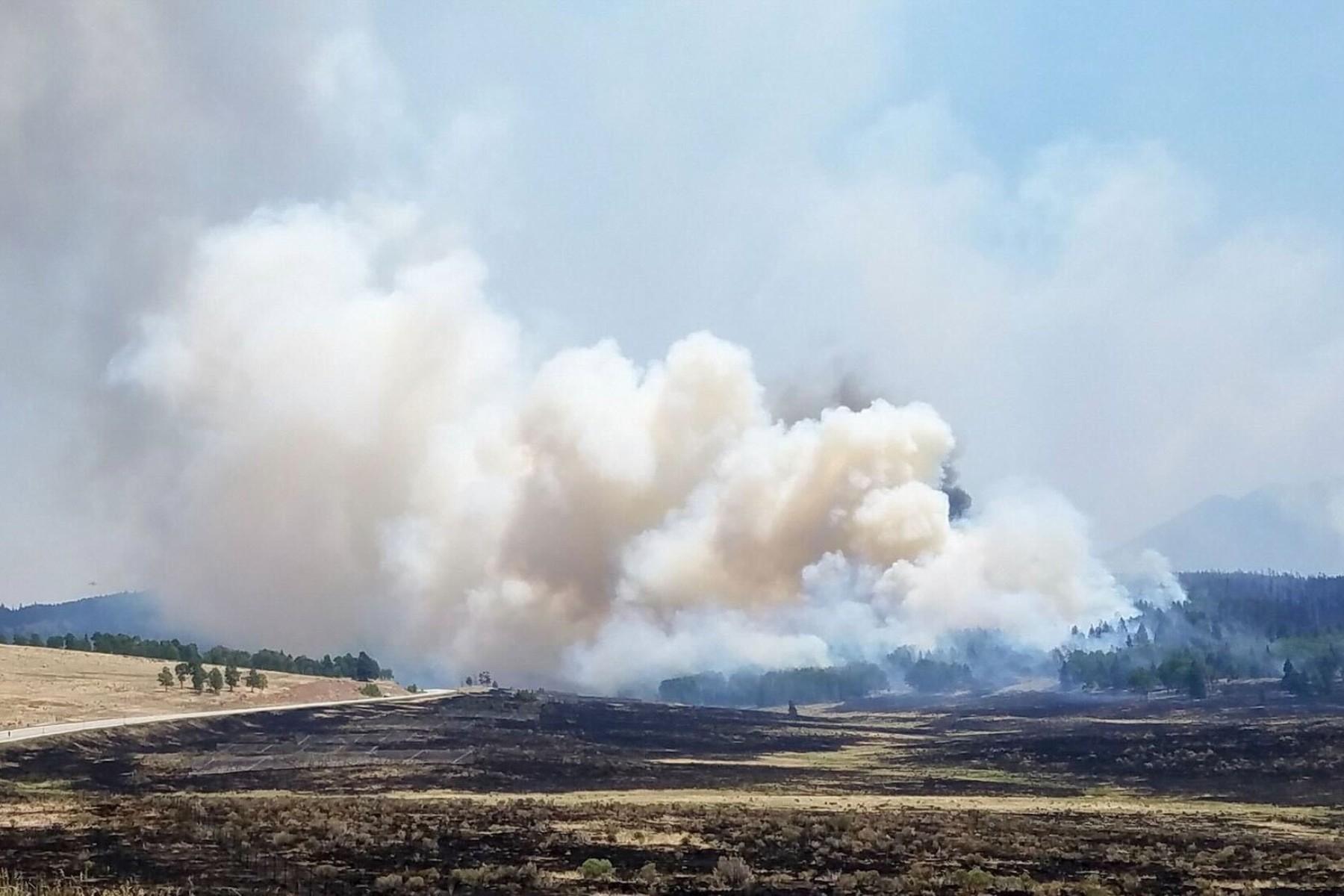
Does the death penalty have a future in Colorado? That's a question many involved in government and the justice system are asking themselves, after prosecutors failed to obtain death sentences in two high profile cases this summer.
First came District Attorney James Brauchler in early August, who couldn't persuade jurors to render a death sentence for Aurora theater shooter gunman James Holmes. Then last week it was Denver Deputy District Attorney Joseph Morales' turn, after a jury gave Dexter Lewis life in prison for stabbing five people to death in a bar three years ago.
In the Lewis case, Morales characterized the outcome as a kind of victory in its own right.
"While we believe that the death penalty was the appropriate penalty in this case, the system worked: He had competent and zealous defense, a judge that defended his rights, and a jury that followed the process," Morales said.
It's been six years since a Colorado jury sentenced anyone to death and nearly two decades since the state's last execution. For death penalty supporters like Denver District Attorney Mitch Morrissey, Colorado's sparing use of the penalty is one of the best arguments for leaving it on the books.
"It's a hard thing to do," Morrissey said. "It should be a hard thing to do, and the thing that I don't understand is why, when a system works, everybody turns around the next day and says, throw it out."
Still, not every prosecutor in Colorado wants to keep the death penalty. Boulder District Attorney Stan Garnett is one of them. He's long opposed capital punishment, not on moral grounds, but rather because he thinks the cost and time involved aren't worth it for prosecutors, given how rarely juries agree to the sentence. And he says plenty of other DAs tell him the same thing, at least in private.
"Even if the death penalty is not taken off the books, prosecutors across the state, and I think frankly more and more across the country, are going to think twice before they seek it, simply because of the toll it takes on resources," Garnett said.
Over the past fifteen years, prosecutors in Colorado have sought the death penalty in just one or two cases a year, on average, according to research by CU sociology professor Michael Radelet.
Death penalty opponents say that rare use can make it harder to focus public attention on the issue, but it may ultimately help their cause. Most of the states that have outlawed capital punishment in recent years had already stopped using it in practice long before lawmakers officially ended the penalty, according to Robert Dunham head of the Washington, D.C.-based Death Penalty Information Center.
"When you look at Colorado, you see a state that fits the profile of abolition, it fits the trends towards abolition, and it may just be a matter of time," he said.
That time could potentially come as soon as next spring, when the state Legislature goes back in session. Senate Minority Leader Lucia Guzman [D-Denver] is weighing whether to introduce an abolition bill, something she already tried unsuccessfully two years ago. Guzman the jury decisions this summer give her renewed encouragement.
"I think what it does is give some impetus to... continue to question and to continue to move into the repeal of the death penalty issue," Guzman said.
Guzman points to controversies elsewhere as more reason for Colorado to reexamine its death penalty. Around the country, states are struggling with challenges to lethal injection. In California, executions are on hold after a federal judge declared the system unconstitutionally slow and dysfunctional. And in conservative Nebraska, the legislature recently overrode a gubernatorial veto to abolish capital punishment, although that's prompted a voter initiative to reinstate the penalty.
Here in Colorado, Gov. John Hickenlooper has effectively put a moratorium on executions, despite polls which suggest a majority of the public continues to support the policy.
It's the public who should have the last word on the death penalty, says state Rep. Rhonda Fields, an Aurora Democrat.
Few people have a more personal connection to this issue than Fields. Two of the three men on Colorado's death row are there for murdering her son before he could testify against one of them. Fields says if an abolition bill picks up steam at the statehouse next session, she may run legislation to take the issue to voters instead.
Still, while Fields herself believes in the importance of the death penalty, she's no longer sure her son's killers will ever be executed.
"It hard for me to project what's going to happen in the long run, because it's so far out. And I'm not quite sure if we're going to still have it," she said.
So whether the answer eventually comes from the Legislature, the governor, or the voters of Colorado, the question the state faces over the death penalty is a big one: in a state where death sentences and executions are extremely rare, is the sparing use of the capitol punishment a better argument for keeping the penalty, or abolishing it?









